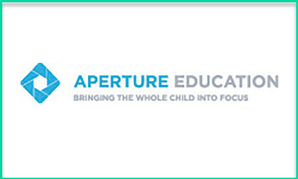
It’s an excellent resource that addresses a far-too-often overlooked component of education. Let’s take a look!
In short, EVO Social/Emotional is meant to help create, assess, and address SEL competencies. In practice, this begins with teachers completing ratings based on students’ SEL competencies. A great place to begin with EVO Social/Emotional are the mini-DESSAs. These short surveys typically take about 1-minute per student, and are meant to be completed every 4 weeks. During the survey, teachers looks back at students’ behavior over the past 4 weeks, with an eye towards positive behavior strengths.
After completing the DESSA-mini ratings, teachers and administrators can then see individual, classroom-level, or school-level reports to get an idea of where students are at in terms of their SEL competencies. Reports will show scores based on the nationally-normed DESSA scale. For lower scores, this indicates a “need for instruction” as the student is not necessarily demonstrating these positive skills. In these cases, the teacher may want to provide some form of instructional support, or work towards fostering/developing an environment that encourages the ongoing use of these skills.
Admin reports can look at data across the school or district level as well, which can help lead to school/district initiatives, deciding where teachers might need additional support, or where teachers are doing exemplary work. There are also pre-post comparison reports available which can be useful for comparing over time. These reports can also be helpful to counselors, and to those supporting students on IEPs as well. Students on IEPs may also want to set goals based on their SEL competencies, and EVO Social/Emotional can be a good way to monitor their progress towards those goals.
For students who may have areas of need, you also have the full DESSA, which is a 72-item survey that typically takes teachers around 5-7 minutes to complete for students. The full DESSA gives a more complete examination of SEL levels in the report, broken down by individual competencies. This can be incredibly helpful for teachers looking to differentiate SEL instruction.
Moving on to my favorite part of the program - the intervention strategies! Once teachers and administrators have reports and understand student’s areas of needs, EVO Social/Emotional offers strategies broken down into their 8 competency categories. Each strategy section also contains a link to related research for those looking to dig deeper into the methodology and backgrounds behind their offerings.
The strategies are my favorite because they offer a wide variety of specific activities for helping students develop these incredibly important skills. In total, EVO Social/Emotional has about 350 intervention strategies currently, and they’re always working on expanding that number.
Most strategies contain supporting/introductory videos, as well as a collection of activities and detailed instructions for how teachers and implement these in their classroom. The nice thing about most of these strategies is that they can be done in conjunction with typical content-area material. In other words, these don’t all have to be isolated activities that take place outside of typical content-based learning. You can check out an example lesson plan here.
Finally, In terms of pricing, Evo Social/Emotional runs between $2.50 - $3.50 per student, per year.
Overall, I’m a really big fan of EVO Social/Emotional. Teaching social and emotional competencies is an incredibly important aspect of K-8 education and is so often overlooked and ignored. EVO Social/Emotional offers a specific and easy to follow tool to allow schools to integrate SEL curriculum into their classrooms. The reports can help teachers, counselors, and administrators follow student progress over time, and the strategies help students change the way they talk about themselves, which can also help change the way they think about themselves.
Plus, under the support menu, you can find a wide range of professional development webinars and comprehensive trainings. That being said, the overall application is incredibly friendly and easy to use. In short, if you’re looking for a way to bring social and emotional learning into the K-8 classroom, I absolutely recommend checking out their Free Trial to see if it’s a good fit for your needs.
The opinions expressed in this review are my own.
I was not compensated for writing this review.

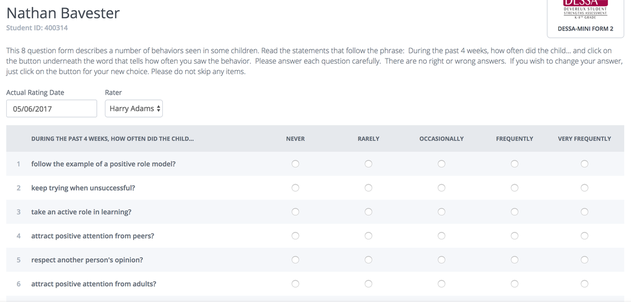
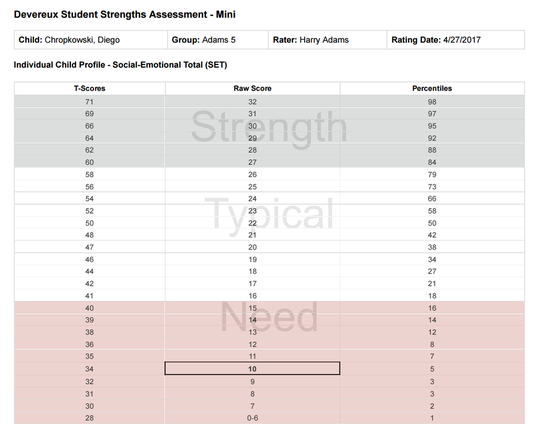
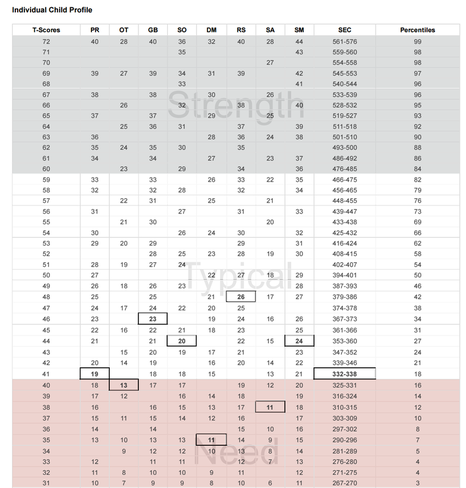
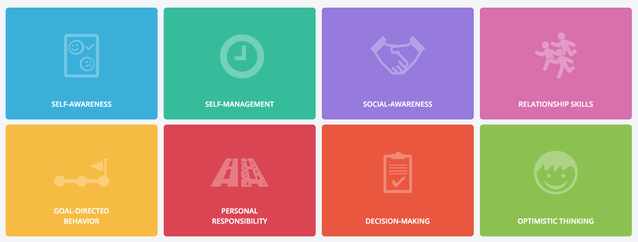
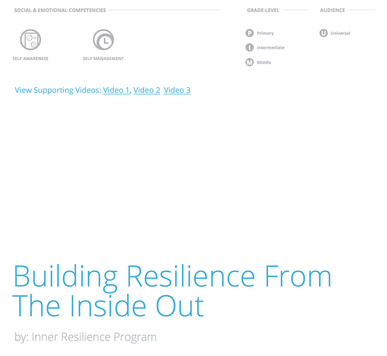



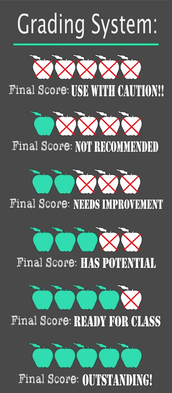





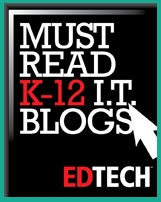




 RSS Feed
RSS Feed
